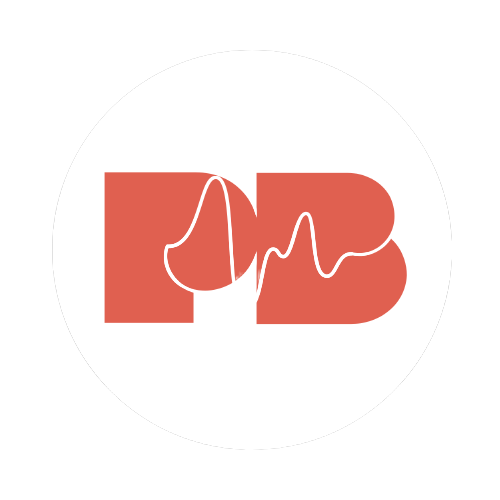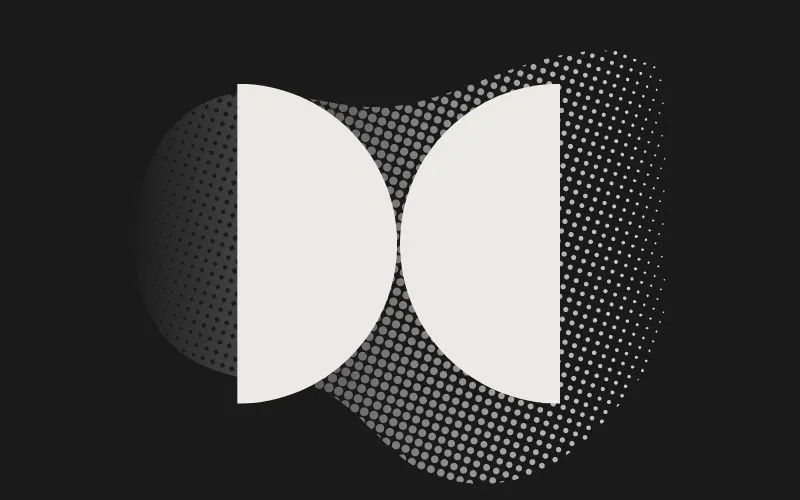Cubase vs Logic Pro X: Which DAW is Better?

Pitchbends
Oct 13, 2022

Deciding which digital audio workstation (DAW) is best for you and your workflow can be a daunting task. In this blog post, we'll pit two of the most popular DAWs - Cubase and Logic Pro X - against each other to help you make a decision.
What is a DAW and what does it do?
A DAW is a software application used for recording, editing, and producing audio files. In the past, producers would have to use a multi-track recorder to record their songs one track at a time. With a DAW, you can record, edit, and mix all within the same software.
DAWs come with a wide variety of features, so it's important to find one that fits both your needs and your budget. Here's a quick rundown of the features you can expect to find in most DAWs:
- Recording: All DAWs will allow you to record audio into the software. This can be done using a microphone or by importing pre-recorded audio files.
- Editing: Once your recording is complete, you'll likely want to edit it before moving on to mixing. Most DAWs come with basic editing features like cutting, copying, and pasting sections of audio.
- Mixing: This is where you add effects like reverb and EQ to your audio tracks. You can also adjust the levels of each track in relation to each other (known as "leveling").
- Exporting: Once you're happy with your mix, you'll want to export it as an .mp3 or .wav file so you can share it with the world!
Cubase vs Logic Pro X - Which One Should You Choose?
Both Cubase and Logic Pro X are popular choices for music producers, but there are some key differences between the two. Here's a quick breakdown:
- Price: Both DAWs are relatively affordable, but Logic Pro X does have the upper hand here. It's priced at $199 (£174.99) for the full version, while Cubase starts at $99 for the Elements version and goes up to $579 (£497.00) for the Pro version.
- Ease of Use: Both Cubase and Logic Pro X are fairly user-friendly, but Logic Pro X tends to be slightly easier to use overall. If you're just starting out with music production, Logic Pro X may be the better choice.
- Features: Both DAWs come with a wide variety of features, but Cubase has more options when it comes to virtual instruments and effects plugins. If you're looking for more creative options, Cubase may be the way to go.
- Operating systems: Both Cubase and Logic Pro X come with a wide range of features, but there are some key differences between them. Logic Pro X is limited to Apple products like Macbooks and Macs, whereas Cubase is compatible with both Mac and Windows devices.
Cubase
The Pros
Reliable - Cubase is known for its high level of reliability and stability. This means that it can be used in professional music production settings without encountering crashes or other technical issues that can negatively impact workflow. It's been around for a long time, so it's got a ton of features and a well-established user interface. Plus, it runs smoothly on both Mac and PC computers.
Advanced features - Cubase offers a wide range of features that allow users to create, edit, and record high-quality music. These features include audio editing tools, virtual instruments, MIDI editing capabilities, advanced mixing options, and many others.
Collaborative features - One of Cubase’s key features is its collaborative music production capabilities, which allow multiple users to work on the same project simultaneously. This enables producers to easily share ideas and feedback with each other, allowing them to make more creative and effective music.
Some of the key collaborative features in Cubase include real-time collaboration and remote recording, which both allow users to work together and produce high-quality recordings even when they are separated by distance. Additionally, Cubase supports a variety of media formats, allowing users to easily import audio tracks or video clips into their projects. This makes it easy to incorporate samples and other types of media into a project without having to worry about compatibility issues or losing quality during the transfer process.
The Cons
Not as beginner friendly - However, Cubase does have its downside. One complaint that some users have is that the workflow can be a bit complicated and confusing, especially if you're just starting out with DAWs. Additionally, some people find the sound quality to be lacking compared to other DAWs.
More expensive - While Cubase has many powerful features, these come at a price, both in terms of the initial cost of purchasing the software as well as the additional hardware requirements needed to run effectively (e.g., higher-end computers with more RAM). This premium software can be quite expensive, especially if you want access to all of its features or want to upgrade from an older version. As such, this software may not be suitable for beginners or budget-conscious producers.
Cubas offers three different versions that vary by price and functionality:
- Cubase Pro 12: $579 (£497.00)
- Cubase Artist 12: $239 (£282.00)
- Cubase Elements 12: $99.99 (£85.00)
Limited supporting documentation - Although there is a large community of Cubase users online who are willing to share their knowledge and expertise with others, some users have noted that the available documentation and tutorials can be quite limited in scope compared to other DAWs on the market. This can make it difficult for new users to get started with the software without seeking additional guidance from an experienced producer or online forum communities.
Logic Pro X
The Pros
Runs smoothly - Now let's take a look at Logic Pro X. Many users love Logic Pro X because it's designed specifically for Mac computers, so it runs extremely smoothly (no crashes or glitches). And, since Apple is constantly updating its software, you can be sure that Logic Pro X will always be up-to-date with the latest tools and features. Additionally, Logic Pro X has superb sound quality.
Packed with features - Logic Pro X has many powerful features that make it a great choice for music producers looking to create high-quality recordings. These features include a large library of sounds, effects and tools, an intuitive interface that is easy to learn and use, and the ability to work in multiple time signatures.
Low price tag - Another advantage of Logic Pro X is its relatively low price tag. You can buy full and complete verison of Logic Pro for just $199 (£174.99), which is much less compared to Cubase Pro 12’s price tag of $579 (£497.00). While other DAWs can cost hundreds or even thousands of dollars, Logic Pro X costs only a fraction of that amount, making it much more accessible for beginners and budget-conscious users.
Ease of Use - One of the most important things to consider when choosing a DAW is how easy it is to use. If you're just starting out, you don't want something that's too complicated or overwhelming. Logic Pro X is generally considered to be quite user-friendly and easy to learn, which can be helpful for new producers who are just starting out in the field. This makes it a great choice for beginner music producers who want to explore their creative potential without having to worry about getting bogged down in complicated technical details.
With that in mind, Logic Pro X would be the better choice here. It's designed with simplicity in mind, and even comes with built-in tutorials to help you get started. Cubase, on the other hand, is a more complex program that will take some time to learn.
The Cons
Limited to Mac - Of course, there are also some drawbacks to Logic Pro X. One downside is that it only works on Mac computers, so if you're a PC user, you're out of luck. Additionally, Logic Pro X is one of the more expensive DAWs available—though still cheaper than some of the high-end options.
Fewer advanced features - Moreover, Logic Pro X does not have as many advanced features as some other DAWs such as Cubase. Despite these drawbacks, Logic Pro X remains a popular choice for many music producers due to its high quality sound, excellent editing tools, and affordable price point.
Overall, Logic Pro X is an excellent choice for any music producer looking for a powerful and versatile DAW. Its wide array of features makes it well suited for both beginners and seasoned professionals alike, while its relatively affordable price point makes it accessible for many musicians on a budget.
Conclusion
In the end, only you can decide which DAW is best for you and your workflow. If you're just starting out in music production, Logic Pro X may be the better choice thanks to its ease of use and lower price tag. However, if you're looking for more creative options, Cubase may be worth considering thanks to its wide range of virtual instruments and effects plugins. Regardless of which DAW you choose, there's always a learning curve involved so be prepared to put in some time practicing before getting started on your next big project!











.svg)


.svg)


.svg)



.svg)


